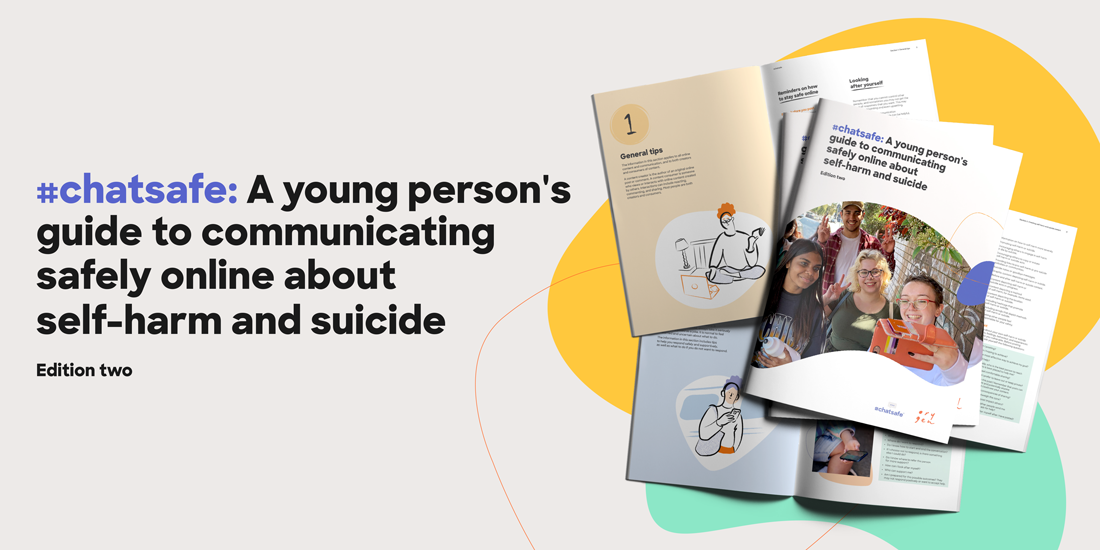
Orygen’s world-first guide for safe online conversations, #chatsafe, has been revamped to include advice for young people about how to discuss self-harm and suicide in a healthy manner on social media and other digital platforms.
The new guidelines also include advice for young people on how to engage with potentially dangerous online games, challenges and hoaxes. In another first, this second edition of #chatsafe also includes dedicated advice for influencers who create content related to mental health and may engage with young people with mental ill-health.
“Many people are afraid to talk about these topics because they are afraid to say the wrong thing, or believe talking about it will increase risk,” said Associate Professor Jo Robinson, head of suicide research at Orygen. “However, this is not the case, and talking about these topics safely can in fact reduce risk for people.”
#chatsafe: a young person’s guide for communicating safely online about self-harm and suicide, is an evidence-based set of guidelines created by Orygen’s world-class research team in partnership with young people.
The guidelines are designed to support safe peer-to-peer communication between young people aged 12-25. This may include young people responding to content related to self-harm or suicide, young people looking for information or support about suicidal feelings, or those who might want to share online their own feelings and experiences with self-harm or suicide.
Originally published in 2018, this is the second edition of the globally-recognised #chatsafe guidelines, which have been translated into 25 languages and can be found in the safety centres of many major social media platforms.
“The new #chatsafe guidelines come at an important time for young people as they navigate the ever-changing world of social media amid evidence that rates of self-harm or suicide among young people are increasing,” Associate Professor Robinson said.
Download the #chatsafe guidelines here.